Botanical versus common names
ornata
17 years ago
Related Stories
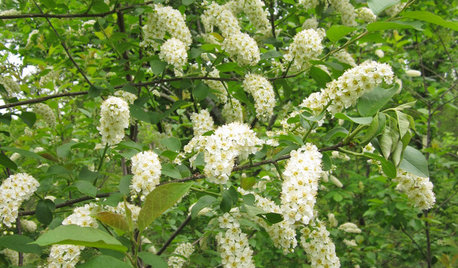
TREESNative Plant Alternatives to Invasive Common Buckthorn
Learn how to identify and control this aggressive plant, and what to grow in its place
Full Story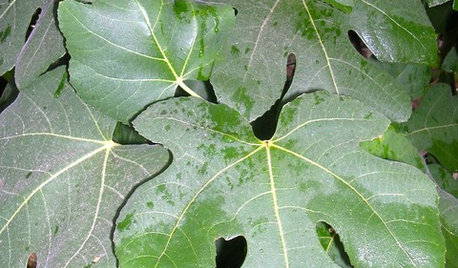
GARDENING GUIDESGreat Design Plant: Common Fig
A full form and delicious fruits make this Middle Eastern tree a favorite in gardens around the world
Full Story
VINTAGE STYLEHouzz Tour: Farmhouse Meets Victorian in Los Angeles
Fanciful scrolls and sweet botanical prints join playful vintage touches for a home that’s altogether charming
Full Story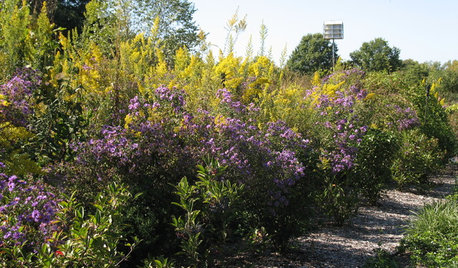
GARDENING GUIDESGreat Design Plant: Solidago Speciosa
Showy goldenrod lives up to its name in eastern U.S. gardens, with bold, upright yellow flowers appearing in early fall
Full Story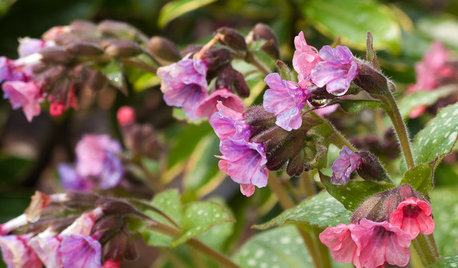
GARDENING FOR BUTTERFLIESGreat Design Plant: Lungwort
Yes, the name is unfortunate. But the flowers and foliage are delightful, and this perennial is easy to grow and shunned by deer
Full Story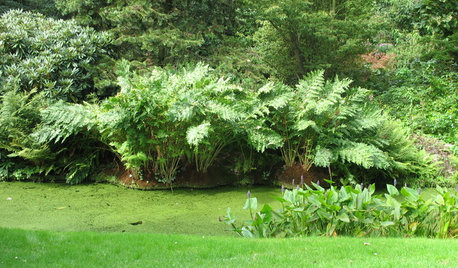
GARDENING GUIDESGreat Design Plant: Osmunda Regalis
Large, stately and regal, royal fern has earned its name and its unique place in history
Full Story
WORKING WITH PROSInside Houzz: What You Can Learn From a Houzz Photo
Get access to the designer's info, product names, other photos in the project and much more by clicking on a Houzz image
Full Story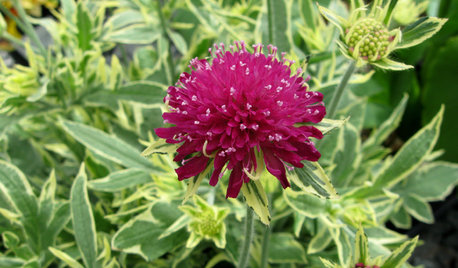
GARDENING FOR BUTTERFLIESGreat Design Plant: Thunder and Lightning for Midsummer Garden Color
Get over the mouthful of a name; focus on the dramatic foliage and gorgeous magenta flowers of Thunder and Lightning field scabious
Full Story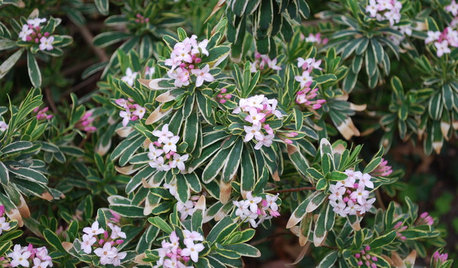
FLOWERSGreat Design Plant: Carol Mackie Daphne
With a sweet, strong fragrance and white flowers that fade to pink, this garden standout has feminine wiles to match its name
Full Story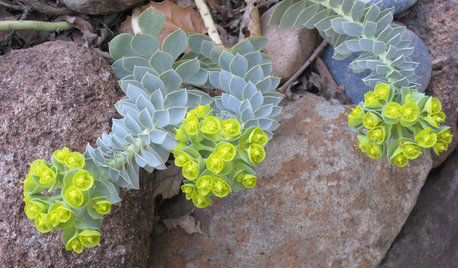
BLUE AND GRAY FOLIAGEGreat Design Plant: Donkey Spurge
Yes, there's the awful name, plus the sap issue. But this plant's foliage and flowers bring something special to Eastern U.S. gardens
Full Story



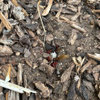

laceyvail 6A, WV
ginny12
Related Discussions
Common wrong 'common' names.
Q
Common wrong 'common' names
Q
How do I label the seeds I trade.....I don't know the botanical name?
Q
Common sense/common knowledge - maybe not so common?
Q
calistoga_al ca 15 usda 9
bean_counter_z4
kwoods
rhizo_1 (North AL) zone 7
diggerdee zone 6 CT
aachenelf z5 Mpls
donn_
sooth
bean_counter_z4
Loretta NJ Z6
tedb_threecedarfarm
rusty_blackhaw
ginny12
hunt4carl
donn_
tedb_threecedarfarm
WendyB 5A/MA
Maryl (Okla. Zone 7a)
Sally "Cricket" Benfer
silvergold
gardengal48 (PNW Z8/9)
diggerdee zone 6 CT
rusty_blackhaw
laceyvail 6A, WV
amazon
entling
waplummer
ginny12
deeje
leslies
diggerdee zone 6 CT
gardengal48 (PNW Z8/9)